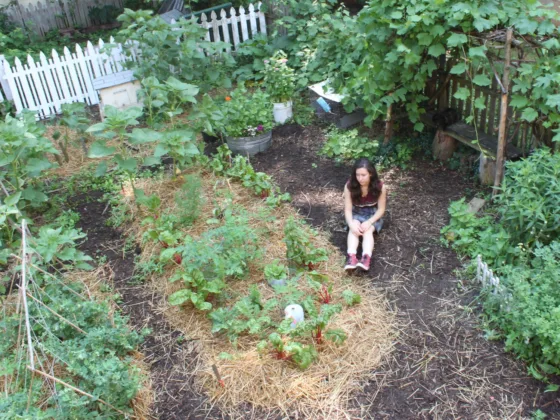Table of Contents Show
When it comes to keeping our sinks clean and free from clogs, most of us are aware of the common culprits: grease, food scraps, and hair. However, there is one particular condiment that often goes unnoticed but can wreak havoc on our sink drains. In this article, we’ll uncover the surprising condiment you should never wash down your sink drain and explain why it’s important to dispose of it properly.
The Hidden Culprit: Mayonnaise
Yes, you read that right. Mayonnaise, the beloved creamy condiment that adds a delightful tang to sandwiches and salads, can be a real troublemaker when it comes to your sink drain. While it may seem harmless, it’s thick consistency and high-fat content can cause some serious plumbing issues.
When mayo is washed down the drain, it can solidify and cling to the walls of your pipes, creating a sticky, stubborn clog. This can lead to slow drainage or even complete blockage, resulting in costly repairs and frustrating inconveniences.
Why Mayo Is a Drain’s Worst Enemy
Mayonnaise contains a combination of oil, eggs, vinegar, or lemon juice. While these ingredients make for a delicious spread, they can spell disaster for your plumbing. Here’s why:
- Oil: The oil in mayonnaise can solidify and coat the inside of your pipes, trapping other debris and causing blockages.
- Eggs: The protein in eggs can congeal and form a sticky mass, further contributing to clogs.
- Vinegar or Lemon Juice: These acidic ingredients can corrode your pipes over time, weakening them and increasing the risk of leaks.
Considering these factors, it’s clear why mayo should never be poured down the drain.
Related:
Proper Disposal of Mayo
So, how should you dispose of mayo if not down the sink drain? Here are a few eco-friendly and plumbing-safe options:
- Scrape it into the trash: Use a spatula or paper towel to remove any excess mayo from plates or containers and dispose of it in the trash. This prevents it from entering your sink drain in the first place.
- Compost it: If you have a compost bin, you can scrape mayo into it along with other food scraps. Just make sure to check if your local composting facility accepts oily or fatty substances.
- Reuse or repurpose: If you have a small amount of leftover mayo, consider using it in another recipe or repurposing it as a hair or skin treatment. Get creative!
Preventing Sink Clogs
While mayo is a surprising culprit, it’s essential to remember that there are many other items that should never be washed down the sink drain. Here are a few tips to prevent clogs and keep your plumbing in top shape:
- Use a sink strainer: Place a sink strainer over your drain to catch food scraps and other debris before they have a chance to cause clogs.
- Scrape plates before washing: Remove excess food from plates and utensils into the trash before rinsing them in the sink.
- Avoid pouring grease down the drain: Grease solidifies and can cause stubborn clogs. Instead, let it cool and dispose of it in the trash.
- Regularly clean your drain: Flush your sink drain with hot water and a mixture of baking soda and vinegar to help break down any buildup.
By following these simple tips and being mindful of what goes down your sink drain, you can avoid costly plumbing repairs and keep your pipes flowing smoothly.
Remember, mayo may be delicious on a sandwich, but it’s definitely not a friend to your sink drain. Dispose of it properly and keep your plumbing happy!


